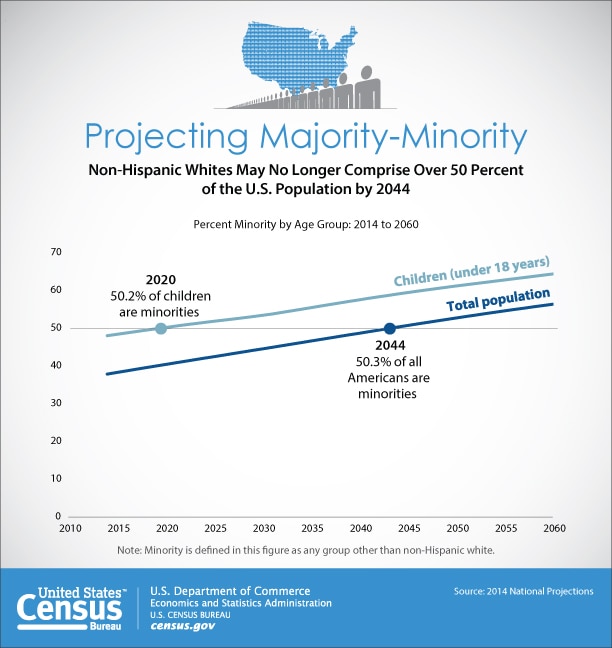Gordon Fox Pleads Guilty in Rhode Island Corruption CasePosted in Articles, Gay & Lesbian, Law, Media Archive, Politics/Public Policy, United States on 2015-03-07 02:38Z by Steven |
Gordon Fox Pleads Guilty in Rhode Island Corruption Case
The New York Times
2015-03-03
The climb took decades, but the fall was swift. Less than a year removed from his reign as speaker of the Rhode Island House, Gordon D. Fox pleaded guilty on Tuesday to taking bribes, wire fraud and filing a false tax return.
Mr. Fox, 53, took $52,500 in bribes to help a bar and restaurant get a liquor license and illegally diverted $108,000 in campaign funds to pay for personal expenses. He made the admissions in Federal District Court in Providence as part of a plea agreement that calls for a three-year prison sentence — though a judge will ultimately decide the penalty — and will almost certainly cost him his law license.
Outside the courthouse, when asked by reporters whether he felt remorse, Mr. Fox said, “Absolutely, absolutely, without question.”…
…Mr. Fox, a Democrat, was the first openly gay person and the first mixed-race person to lead either of the state’s legislative chambers, and he led the drive to legalize same-sex marriage in 2013.
He grew up as one of six children in a blue-collar family, with a black mother and a white father, and he liked to recall how he had worked in an ice cream shop to help pay his way through law school. He became a lawyer and part owner of a nightclub, and in 1992 he was elected to the House. He became the majority leader in 2002 and the speaker in 2010…
Read the entire article here.





